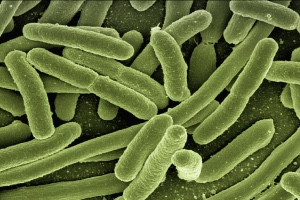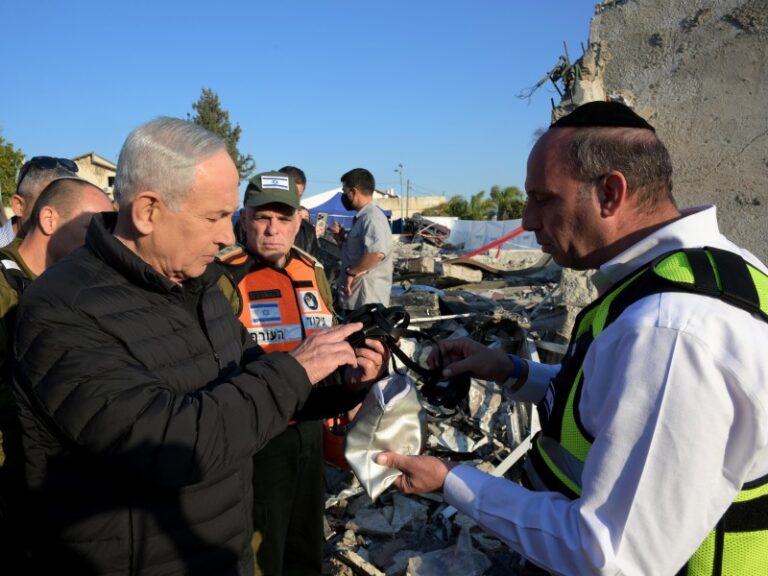
Geneva: The World Health Organization (WHO) today issued an open call for experts to serve as members of the new WHO Scientific Advisory Group for the Origins of Novel Pathogens (SAGO). The deadline for applying is September 10, 2021.
The SAGO will be multidisciplinary, with members who have a range of technical knowledge, field experience, skills and experience relevant to emerging and re-emerging pathogens. Up to 25 experts may be selected.
The SAGO will advise WHO on technical and scientific considerations regarding the origins of emerging and re-emerging pathogens of epidemic and pandemic potential, and will be composed of a wide range of experts acting in their personal capacity. SAGO will also guide WHO on next steps for understanding the SARS-CoV-2 origins.
There have been an increasing number of high threat pathogens emerging and re-emerging in recent years with, for example, SARS-CoV, MERS-CoV, Lassa, Marburg, Ebola, Nipah, avian influenza, the latest being SARS-CoV-2. There is a clear need for robust surveillance and early actions for rapid detection and mitigation efforts, as well as systematic processes to study the emergence of these pathogens and routes of transmission from their natural reservoirs to humans. This is critical to helping WHO, Member States and partner institutions to prepare for future spillover threats and to minimize the risk of a disease outbreak growing into a pandemic.
From SARS-CoV-2, which continues to wreak havoc around the world, to the next “Disease X”, this global framework to study the emergence of new and known high threat pathogens needs to be comprehensive and coordinated based on a One Health approach. It should also encompass biosafety and biosecurity. And it needs to be scientific, transparent, comprehensive, rapid and inclusive.
Functions of SAGO
In its capacity as an advisory body to WHO, the SAGO will have the following functions:
- To advise WHO on the development of a WHO global framework to define and guide studies into the origins of emerging and re-emerging pathogens of epidemic and pandemic potential;
- To advise WHO on prioritizing studies and field investigations into the origins of emerging and re-emerging pathogens of epidemic and pandemic potential, in accordance with the WHO global framework described in point (1) above;
- To provide information and views to assist the WHO Secretariat in the development of a detailed work plan of the SAGO;
- In the context of SARS-CoV-2 origins:
- To provide the WHO Secretariat with an independent evaluation of all available scientific and technical findings from global studies on the origins of SARS-CoV-2;
- To advise the WHO Secretariat regarding developing, monitoring and supporting the next series of studies into the origins of SARS-CoV-2, including rapid advice on WHO’s operational plans to implement the next series of global studies into the origins of SARS-CoV-2, as outlined in the ‘Joint WHO-China Global Study of Origins of SARS-CoV-2: China Part’ report published on 30 March 2021 and advise on additional studies as needed; and
- To provide additional advice and support to WHO, as requested by the WHO SAGO Secretariat, which may include participation in future WHO-international missions to study the origins of SARS-CoV-2 or for other emerging pathogens.
Who can express interest?
WHO stated it welcomes expressions of interest from individuals with significant expertise in one or more technical disciplines in order to ensure a One Health approach:
- infectious disease epidemiology and conducting epidemiological studies;
- field research;
- virology;
- ecology;
- molecular epidemiology;
- sero-epidemiology;
- medicine;
- bioinformatics;
- outbreak analytics;
- health statistics;
- microbiology;
- veterinary medicine;
- food safety;
- bacteriology;
- environmental science;
- biosafety;
- biosecurity;
- occupational health and safety;
- laboratory safety and security;
- ethics and social sciences;
- or other activities related to the emergence or re-emergence of pathogens of pandemic potential.
It may be mentioned that the rapid emergence and spread of SARS-CoV-2 highlighted the importance of being prepared for any future event, to be able to identify novel pathogens early and to address the risk factors that contribute to their emergence and spread. In May 2020, the World Health Assembly requested the Director-General of the World Health Organization (WHO) to continue to work closely with the World Organization for Animal Health (OIE), the Food and Agriculture Organization of the United Nations (FAO) and countries, as part of the One Health approach, to identify the source of the SARS-CoV-2 virus and the route of introduction to the human population.
It said there have been an increasing number of high threat pathogens emerging and reemerging in recent years with, for example, SARS-CoV, MERS-CoV, Lassa, Marburg, Ebola, Nipah, avian influenza, the latest being SARS-CoV-2. There is not only need for robust surveillance and early actions for rapid detection and mitigation efforts, but a need for a robust and systematic processes to establish the study around the emergence of these pathogens and routes of transmission from their natural reservoirs to humans.
To this end, the Director-General has established the WHO Scientific Advisory Group for the Origins on Novel Pathogens (hereinafter referred to as ‘SAGO”).
– global bihari bureau





